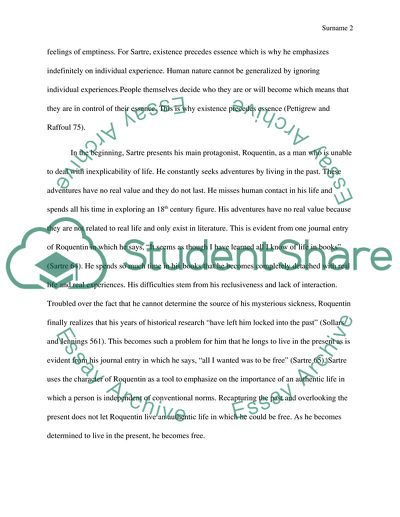Cite this document
(“Ideas of human freedom in Nausea: a critically acclaimed novel Term Paper”, n.d.)
Retrieved from https://studentshare.org/literature/1692460-how-sartre-expresses-his-ideas-of-human-freedom-in-novel-form
Retrieved from https://studentshare.org/literature/1692460-how-sartre-expresses-his-ideas-of-human-freedom-in-novel-form
(Ideas of Human Freedom in Nausea: A Critically Acclaimed Novel Term Paper)
https://studentshare.org/literature/1692460-how-sartre-expresses-his-ideas-of-human-freedom-in-novel-form.
https://studentshare.org/literature/1692460-how-sartre-expresses-his-ideas-of-human-freedom-in-novel-form.
“Ideas of Human Freedom in Nausea: A Critically Acclaimed Novel Term Paper”, n.d. https://studentshare.org/literature/1692460-how-sartre-expresses-his-ideas-of-human-freedom-in-novel-form.


